Acceptance and acclimation are probably better words to use than desensitization. What we want to do is get our horses acclimated to and accepting of things that are outside their natural world,” notes Richard Winters, a longtime clinician and 2009 champion of the popular colt-starting competition, Road to the Horse.
Winters conducts horsemanship clinics across the country, and his Richard Winters Horsemanship TV shows can be seen on HRTV. He and his wife Cheryl live on their ranch in Reno, Nevada.
“When a horse sees something outside his paradigm, his instincts kick in and he thinks, ‘I won’t stick around for this!’ He reacts rather than responds,” Winter explains. “What we want to do is ‘reprogram’ or ‘recondition’ our horses so they respond rather than react. They have a program built in by God when they’re born, but they’re so adaptable and they can be reconditioned.”
Scary Stuff
Two common “scary” things a domestic horse encounters are clippers and spray bottles. Winters points out that there are right and wrong ways to get your horse accepting of anything. Before you get started, get the stage set for success:
- Don’t wait until the day before a show when you HAVE to clip or spray the horse.
- Don’t tie him up.
- Make sure the area and footing are safe.
- Be patient!
“Any time you’re trying to get a horse used to something, you can eliminate a lot of volatile reactions if you don’t tie him up,” cautions Winters. “Be organized with your lead rope so it doesn’t get tangled or wrapped around you, and so that you can move with your horse if he moves.”
Clipping 101
“I’m a big fan of cordless clippers because you aren’t fighting the cord and have all the room you need,” says Winters. “Just make sure the batteries have a full charge, because otherwise the blades may tug at the hair. Sharp blades are important because dull blades will also pull the hair. You also need to keep the blades well lubricated with clipper spray.”
“You have a big responsibility to the horse NOT to hurt him with the clippers so he doesn’t have a bad experience,” he adds. “Blades are sharp, so you really need to be aware of how you use the clippers and that you don’t jab the horse. If you want to know how it feels, just run the blades over your own hand and take off the peach fuzz.”
Consider your approach
If you “come at” your horse’s head with the clippers, he’s naturally going to resist.
“It’s a matter of degree. Many horses are touchy about their ears and the hairs under the jaw, so start somewhere on the horse’s body where he can handle the clippers, such as his shoulder,” advises Winters.
“At first, just hold the vibrating clippers in your hand and rub the horse in that area with the back of your hand. Don’t actually touch him with the clippers yet. Let him hear the noise and feel the vibration through your hand. Don’t be jerky and quick. Your hand needs to have smooth, fluid motions.”
Ideally, you want to turn the horse’s apprehension into curiosity and that curiosity into confidence. To do this, you can’t have a timetable and you must be patient. Let the horse sniff the clippers if he wants. Don’t be in a hurry!
After the horse is quiet and accepting of your hand holding the clippers and moving in different areas of his body (this might take more than one session), you can actually use the clippers on him.
Again, don’t tie him up. Stand to the side, not directly in front of him. Horses aren’t fighters by nature, but a startled horse may strike out, so you want to be safe.
Common Safety
Use common safety sense when you start clipping. When you’re working on the head, place your hand — the one that isn’t holding the clippers — on the bridge of the horse’s nose. This will help steady him so he doesn’t move quickly and hit you with his head.
Clipping legs can put you in a very dangerous position. The best policy is to have someone else hold the horse. You and the handler should always be on the same side of the horse. This way if the horse jumps or moves around, the handler won’t unintentionally swing the horse into you.
If you need to clip the fetlocks, start by running the back of the clippers (or the back of your hand holding the clippers) up and down his leg to be sure he’s accepting. After you know he’s fine with this sensation, carefully proceed to clip the fetlocks.
Winters found that some horses are more sensitive to having their legs clipped than their heads, so use caution. With some horses, it’s helpful to pick up the leg and hold it while you’re clipping.
Spray, Spray Away
You may think a spray bottle is nothing to be frightened of, but it’s not a natural thing to the horse. While it can’t cause pain like clippers can, the sensation of something spraying on the horse can bother him.
For starters, fill a spray bottle with plain water so you don’t waste whatever product — fly repellent, coat conditioner, etc. — you want to use.
Hold the lead rope, but don’t tie the horse. Standing at his side, lightly spray near his body in the area where he is least reactive. Just spray the air near him — not the horse himself — until he begins to accept the sound and motion of the spray bottle.
“Use gradual, rhythmic sweeping motions with your arm,” says Winters. “Don’t spray him directly, but just spray a mist of water up so it drifts down on him. Then gradually get closer to him as you spray the air beside him. Using the sweeping motions, go back and forth, in closer to the horse and then away.”
As you begin to spray the horse, do so in the areas where he is least sensitive. For example, his barrel, shoulder or back, rather than his legs, head, neck or belly.
“Don’t continually spray the horse in the same area,” says Winters. “Just keep rhythmically moving your arm and he won’t have as much time to react to where he’s being sprayed.”
Common Safety
It may take several sessions with the water bottle for your horse to accept that being sprayed isn’t a torture session. Never spray product on your horse’s face. Even when he seems accepting, because you might get some of the spray in his eyes or nose. Instead, apply the product using a cloth, or use a roll-on applicator, if available.
Just remember: Lessons with the clippers and spray bottle are really about trust and confidence. Always end on a positive note. Take your time and be sure to reward your horse with rubs and praise in a soothing voice when he responds positively.
Kissimmee Valley Feed carries feed, hay and supplies. Contact or visit one of our locations today for more tips (to help make your horse more accepting and less fearful or in general)!
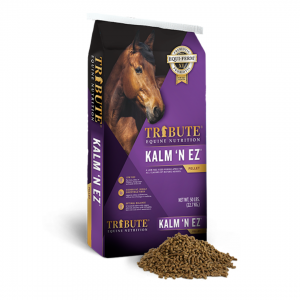 Kalm ‘N EZ® Pellet:
Kalm ‘N EZ® Pellet: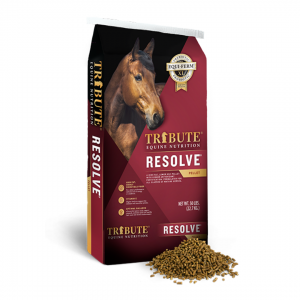 Resolve®:
Resolve®: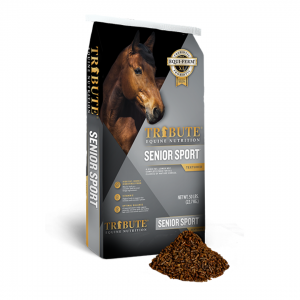 Senior Sport™:
Senior Sport™: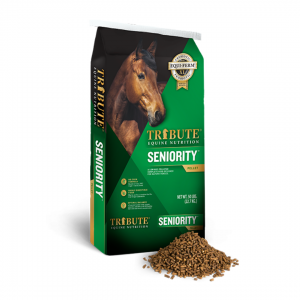 Seniority™ Pellet:
Seniority™ Pellet: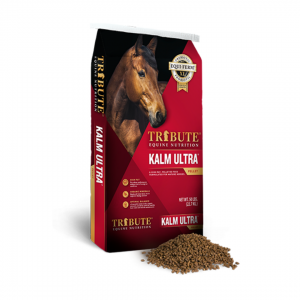 Kalm Ultra®:
Kalm Ultra®:




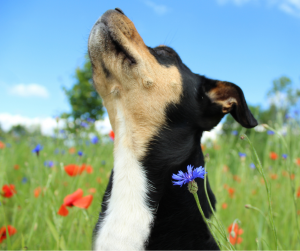 It’s time to head on over to Kissimmee Valley Feed to take advantage of these June Astro Loyalty pet specials. Savings valid at our 215 13th Street St. Cloud, FL 34769. Stock up and save today! Please note the varying expiration dates.
It’s time to head on over to Kissimmee Valley Feed to take advantage of these June Astro Loyalty pet specials. Savings valid at our 215 13th Street St. Cloud, FL 34769. Stock up and save today! Please note the varying expiration dates. 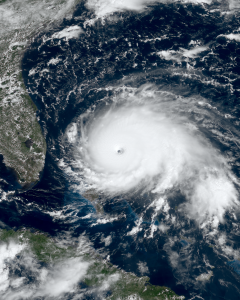
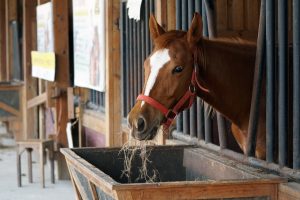 Your performance horse is an incredible athlete, and like any athlete, your horse’s nutrition plays a significant role in his ability to reach his full potential.
Your performance horse is an incredible athlete, and like any athlete, your horse’s nutrition plays a significant role in his ability to reach his full potential.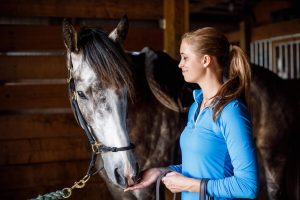 If you’ve been around horses any length of time, chances are you’ve heard about “desensitizing.” The concept may sound positive: getting your horse to be calm around things that previously upset him. Some methods can actually backfire and cause more difficulties down the road. Read these tips, provided by
If you’ve been around horses any length of time, chances are you’ve heard about “desensitizing.” The concept may sound positive: getting your horse to be calm around things that previously upset him. Some methods can actually backfire and cause more difficulties down the road. Read these tips, provided by